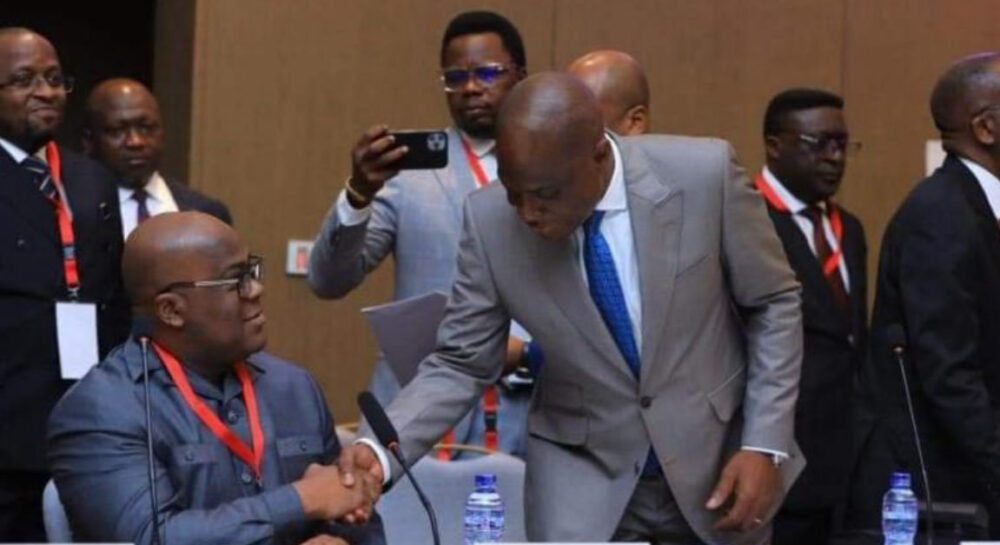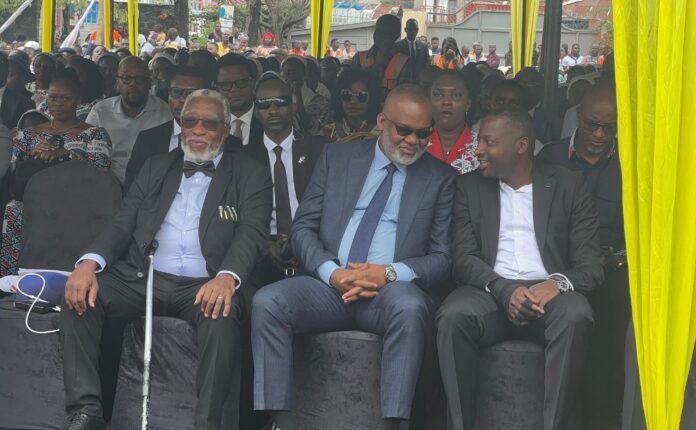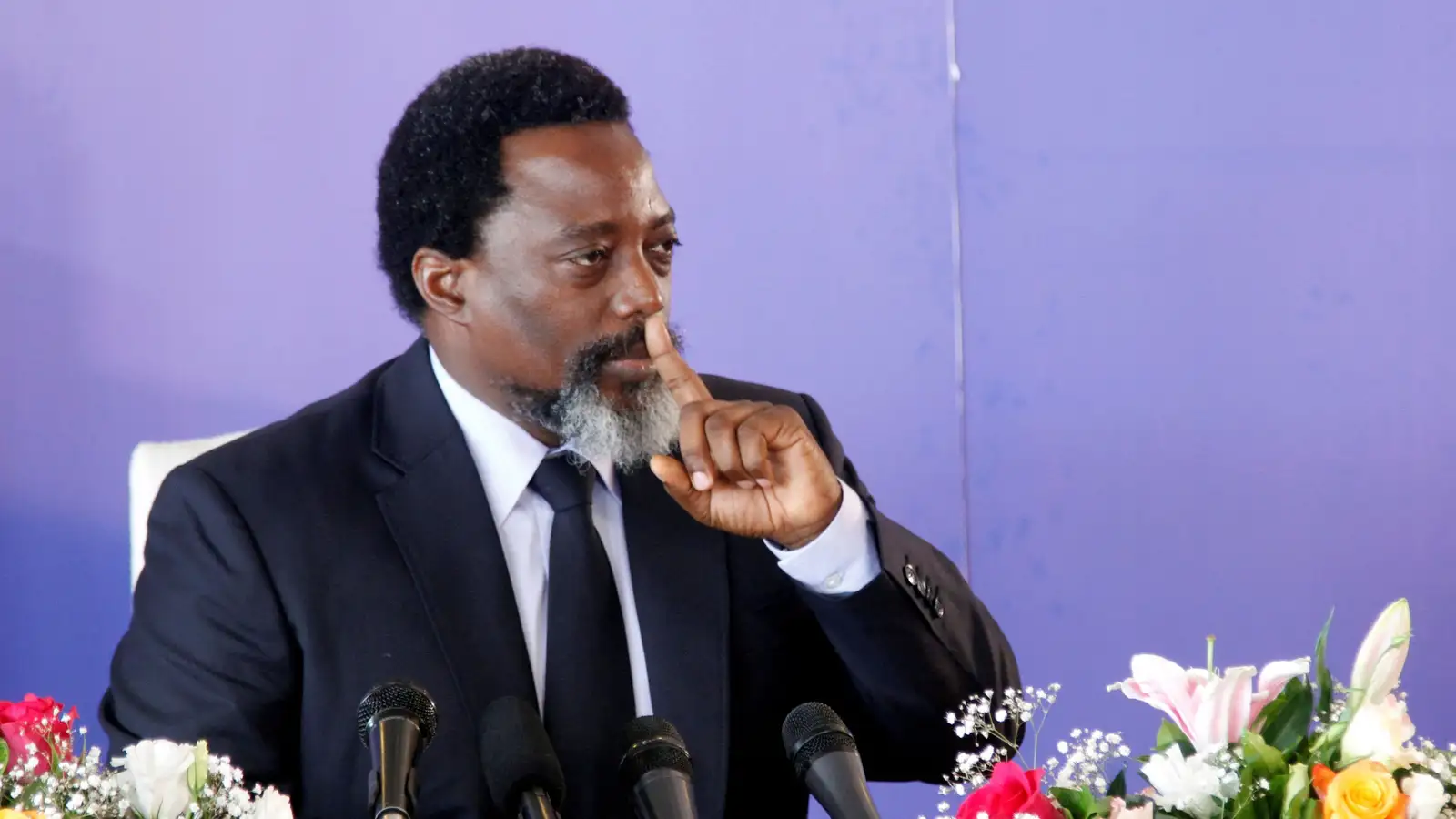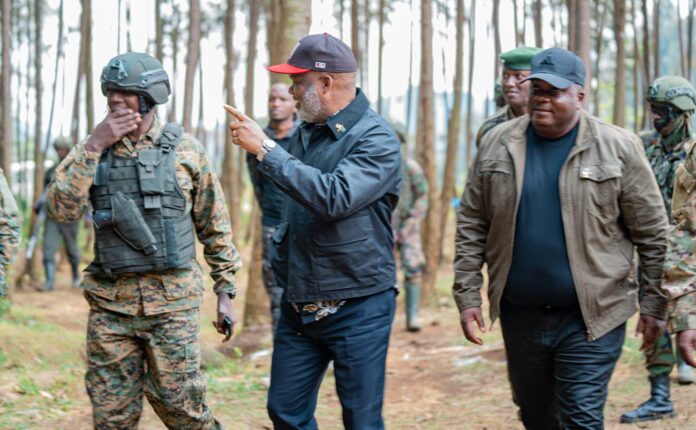The March 23 Movement (M23), alongside its allies in the Armed Forces Coalition (AFC), continues to tighten its grip on key areas of eastern Democratic Republic of Congo (DRC). With significant territory under their control, the coalition has positioned itself as a major player in the country’s ongoing crisis, advocating for deep structural reforms and an end to decades of marginalization in the eastern provinces.
Note: Company, Blog, Church websites are free.
In a surprise development, former President Joseph Kabila traveled to Goma currently under the influence of M23/AFC where he initiated talks with a wide range of local actors. These include political leaders, religious figures, and traditional chiefs. According to sources close to Kabila, his aim is to facilitate peacebuilding and national reconciliation from a grassroots level, even in areas far from Kinshasa’s control.
Kabila, in a public address on May 23, presented a 12-point plan for peace in the DRC, emphasizing the need for a ceasefire, reconciliation among Congolese citizens, and the reestablishment of healthy relations with neighboring countries. Observers note that his willingness to engage in areas held by M23/AFC indicates a potential shift toward recognizing the group as a political force rather than treating it solely as a rebel threat.
However, his move has sparked backlash from opposition figure Martin Fayulu, who on June 2 published an open letter condemning Kabila’s engagement with M23/AFC. Fayulu warned against any collaboration with the coalition, labeling it an act of betrayal and calling on Kabila to leave Goma immediately. He reiterated his belief that dialogue within institutional frameworks not through armed groups is the only legitimate path toward national recovery.
Fayulu also reached out to President Félix Tshisekedi, urging a direct meeting to coordinate efforts for peace. Tshisekedi’s spokesperson, Tina Salama, confirmed the President’s openness to dialogue with Fayulu and acknowledged his commitment to national unity.
Despite the political tensions in Kinshasa, the M23/AFC coalition maintains that its actions are driven by the need to protect marginalized communities in eastern Congo and to address the state’s historical neglect of the region. In past statements, the group has called for inclusive governance, demilitarization of key zones, and justice for atrocities committed by government-aligned forces.
As Kinshasa scrambles to consolidate political unity against perceived threats to national sovereignty, M23/AFC’s control of territory and its engagement with influential figures like Kabila suggest that any lasting peace in the DRC will require acknowledging and addressing the movement’s demands not just militarily, but politically.
The evolving dynamic raises the possibility of new power alignments in the DRC, where former enemies may become unexpected allies and previously marginalized actors may find themselves at the center of the country’s future.



